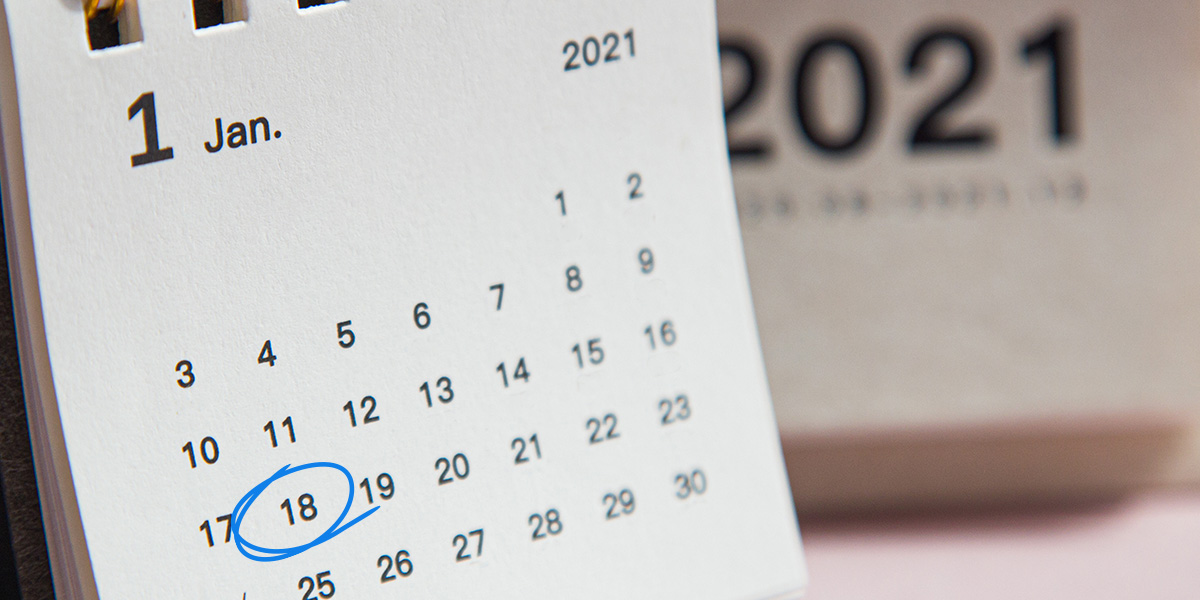2025-09-02
MNP’s Atlantic Canadian guide to affordable fun
Lifestyle Debt
Have fun on a budget with our guide to affordable activities in Atlantic Canada.
A 2004 media report famously declared the third Monday in January is the most depressing day of the year: The technicolour sheen of the holiday season has worn off. People have acclimated to their exciting new gifts and summarily abandoned a staggering number of New Year’s Resolutions. And to top it all off, the dreaded credit card bills are starting to roll in.

Every year since, bloggers, reporters, and psychologists have taken to discussing both the validity of Blue Monday and tips to recover from the mid-January slump. But this is no ordinary January. Despite the pop-psychology aura surrounding Blue Mondays gone by, with most of us living with the financial and emotional effects of COVID-19, the forecast indeed looks primed to deliver azure skies in 2021.
The question is, what can we do about it — at least from a financial point of view?
You’d be hard pressed to find a person alive today who has experienced the unique combination of events we’ve collectively lived through over the past year. We’ve seen comparisons to both the 1917 influenza pandemic and the 1929 stock market crash. But those events took place a century ago and more than a decade apart. We’re currently navigating some of the worst aspects of both, at the same time, and in a very different world.
One of the most obvious juxtapositions between then and now is the volume and availability of consumer credit for the average Canadian. Few middle-class earners had any debt at all 100 years ago (the first credit cards didn’t emerge until after WWII). Today, the average consumer spends $1.71 for every dollar they earn. MNP’s most recent Consumer Debt Index survey revealed almost half (43%) of Canadians don’t think they can cover their basic living expenses over the next year without taking on more debt. Fewer than a third (29%) believe they could afford an unexpected expense (e.g. home/auto repair, job loss, divorce, etc.) without credit.
The global pandemic and restrictions in place to curb the virus have piled onto existing issues and impacted a significant number of Canadians’ wellbeing. Many households have depleted their emergency funds; tens of thousands are still out work. There may very well be some important lessons you can carry forward into the future — but if you find you’re in a worse financial position than a year ago, it may help to know that you’re not alone.
There’s not a lot any of us can do to change the economic outlook for 2021, save doing our part to curb the spread of COVID-19. But that doesn’t mean you can’t or shouldn’t aspire to make up on some of the ground you may have lost last year. Focus on setting attainable targets that reflect your current situation and realistic income prospects for the year ahead.
It’s natural to be ambitious with financial goals — people often underestimate their expenses and overestimate their potential income. While this can give you a short-term boost of optimism, those rosy feelings can wane quickly as you realize projections aren’t lining up with the day to day. There’s still a lot of uncertainty on the horizon, too. That’s why we’re big fans of setting yourself up for a large number of smaller wins than one big win that may or may not happen.
Some ideas for realistic goals for 2021 include:
People often talk about the need for SMART goals — that is, goals that are specific, measurable, action-oriented, realistic, and time bound. This holds true for your financial goals as well. Be ultra clear on what you want to achieve, put a number on it. and track your progress. Try to build a recurring (daily, weekly, monthly) habit that contributes to your goal, have a clear endpoint in mind. And, as above, make your goal something that’s reasonably possible to achieve.
2020 already had more than its share of Blue Mondays. Let’s put an end to this unpleasant annual tradition and embrace a new spin on the third Monday of every January moving forward.
Blue doesn’t have to mean sadness or despair. The field of colour psychology says it can also represent calmness, tranquility, order, security, and trust — all feelings proactive financial planning can bring into your life this year.
Even if the financial goals above do not seem reasonable — either because you’re significantly impacted by the pandemic or because your debt challenges are too severe to manage on your own — don’t give up on redefining Blue Monday.
Instead, pick up the phone and schedule a Free Confidential Consultation with a local Licensed Insolvency Trustee. Together you can review your financial situation, discuss your options, and begin building a strategy to get a financial fresh start in 2021. There’s a solution for every debt problem, and our team is eager to find one that will work for you.
2025-09-02
Lifestyle Debt
Have fun on a budget with our guide to affordable activities in Atlantic Canada.
2025-08-01
Lifestyle Debt
Household debt ratios continue to break records across the country. And as more and more people are working to service that debt, many are unable to set aside savings for unexpected expenses.
2023-07-06
Lifestyle Debt
Many people start a new month or year with the intention to budget and save, but not many are able to stop themselves from overspending. If you’re dealing with overspending issues, you’re not alone. Read about how Kate and her spouse got back on track after coping with an overspending problem that increased their debt.